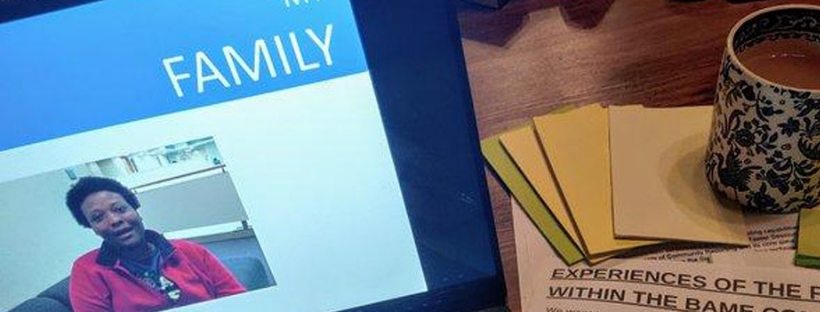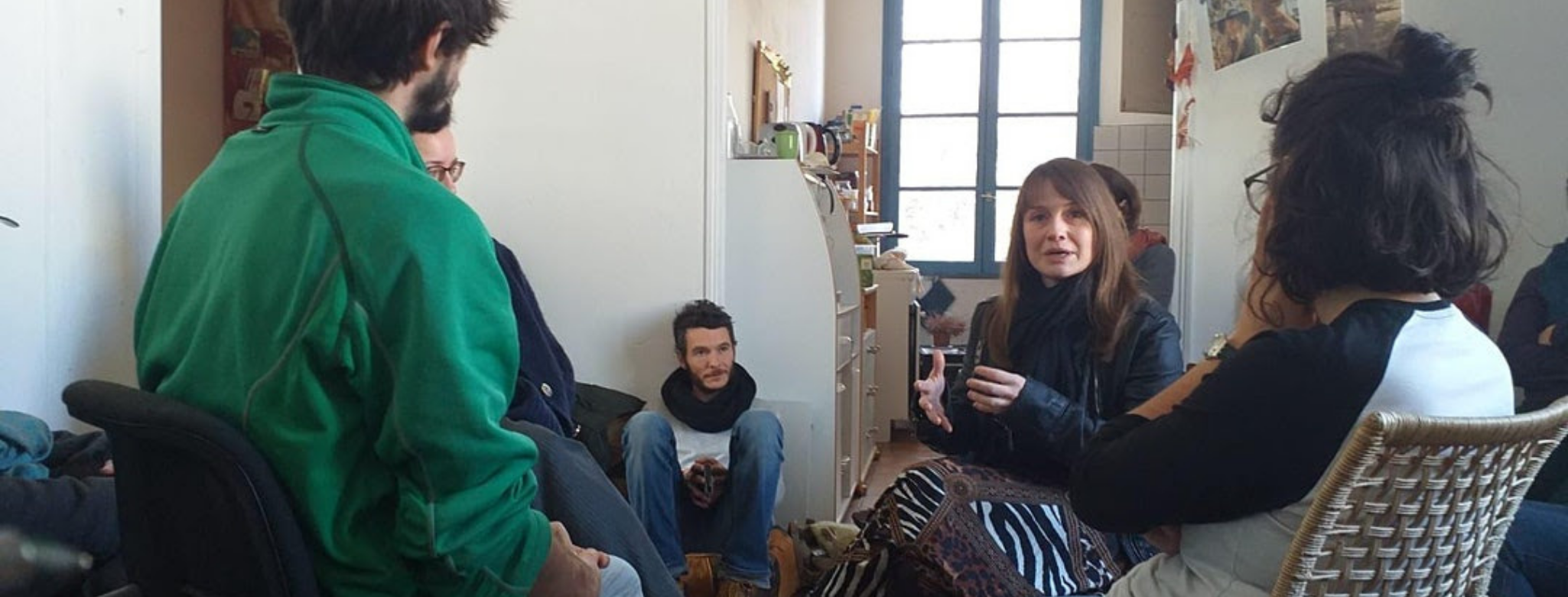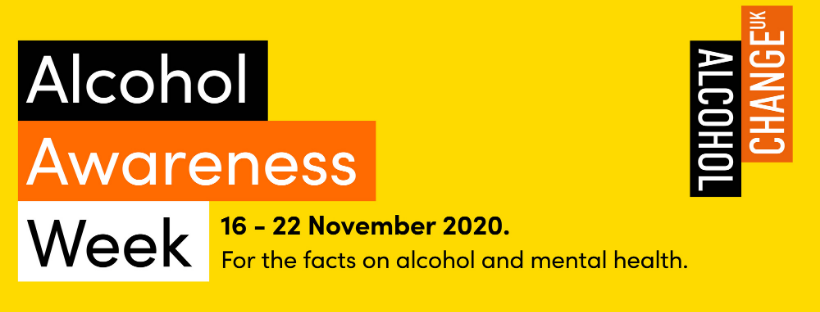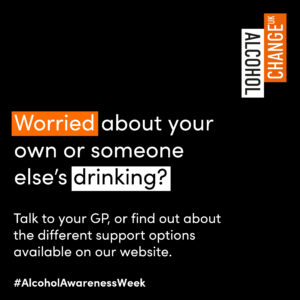INSIGHT REPORT: COVID-19 AND HEALTH INEQUALITIES IN CALDERDALE

In Calderdale, coronavirus has further exacerbated existing health inequalities. Local insight and data has illustrated that a range of socio-economic factors that impact on people’s health and wellbeing have worsened during the pandemic. To understand these issues further, People’s Voice Media has been working with local organisations and people to use Community Reporting to gather people’s lived experiences of life during the pandemic and explore the impact of it on their wider health and wellbeing.
Between September and December 2020, we have worked with a group of people from Central Halifax who are from the communities most affected by COVID-19, with a specific focus on engaging with different BAME communities in the area. We trained these individuals as Community Reporters and as part of this training, they have learned different storytelling techniques to enable them to share their own stories as audio and video recordings, and capture stories from across their peer networks. Working with People’s Voice Media, they have curated these stories into a core set of findings that are have been evidenced in an insight briefing. Key topics within the stories include systemic racism, faith and spirituality, outdoors and the environment, creativity, isolation, advocacy, support services, and the political and global impact. The insight briefing sets out the key findings derived from these stories and links this learning to a set of recommendations aimed at supporting the commissioning of health and wellbeing interventions for the area.





